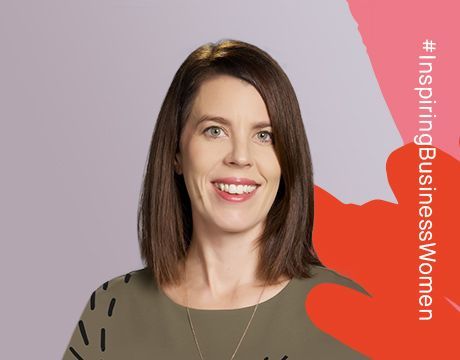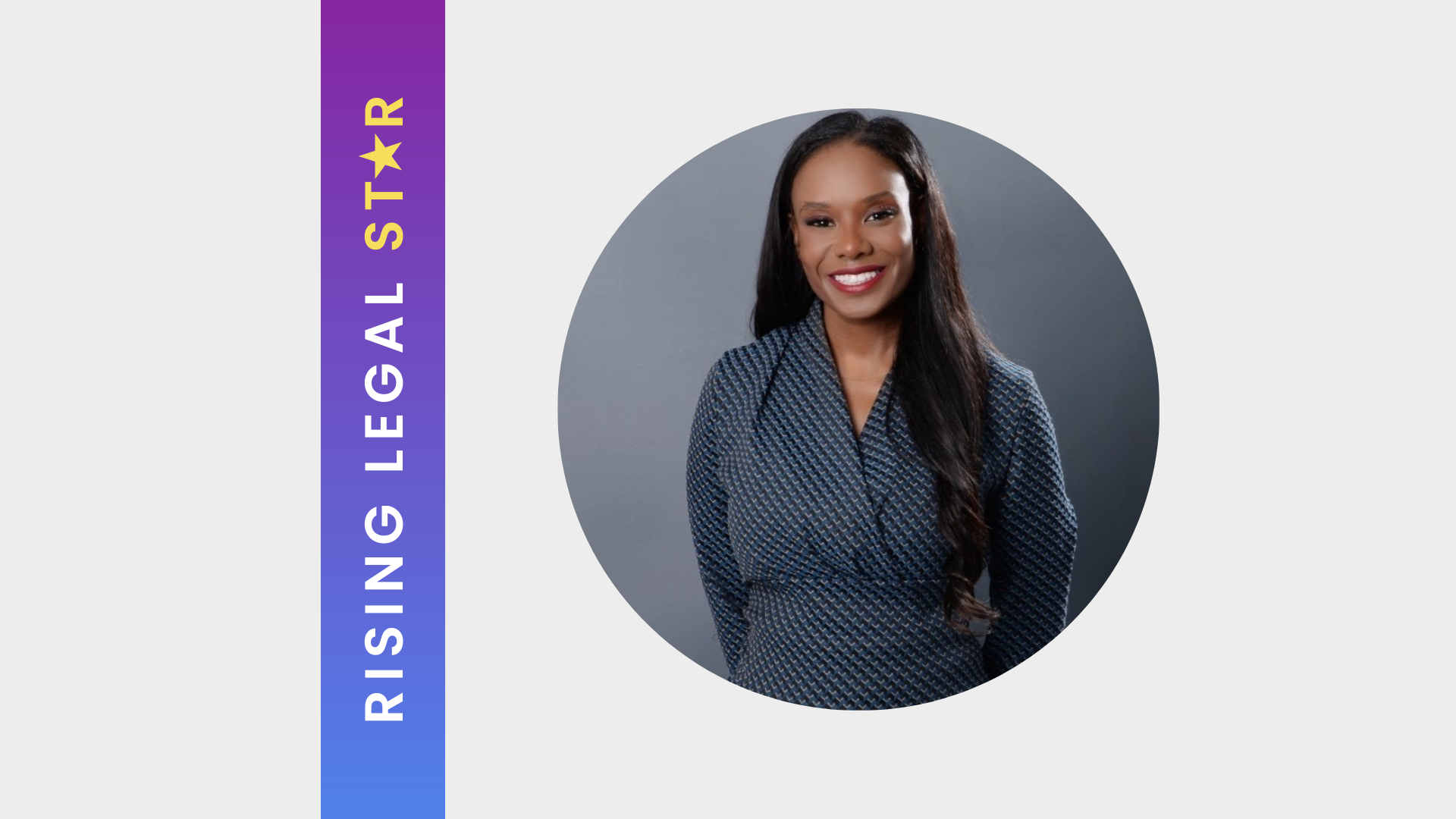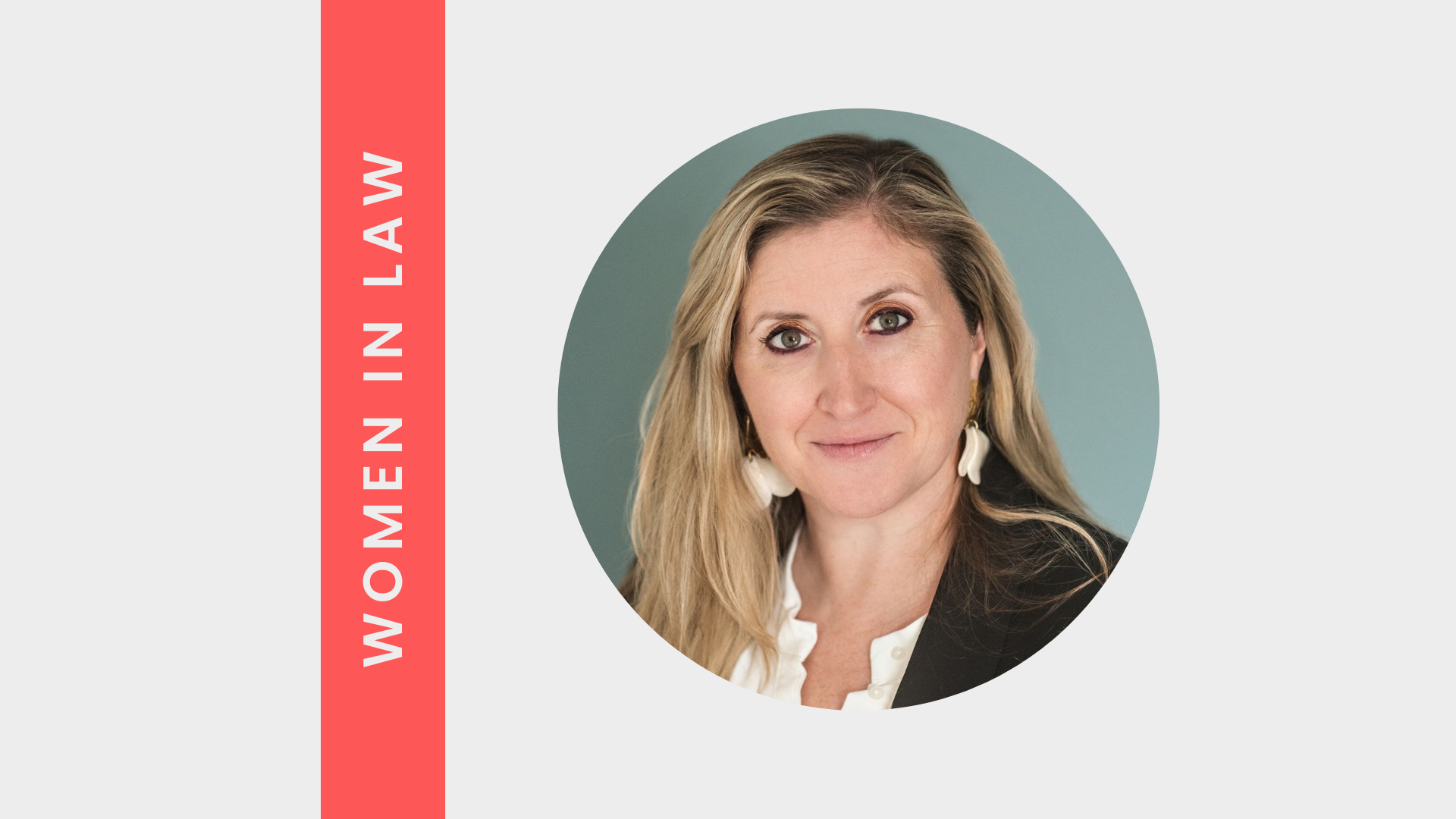Inspiring Business Women in Asia: Rebecca Orme
Rebecca Orme, Managing Director Legal for South East Asia has worked with several international firms as well as an in-house position as a Senior Legal Counsel and VP before joining FedEx Express in 2013.
Based in Singapore, Rebecca manages a team of eight professionals and support staff covering Malaysia, Singapore, Thailand, Vietnam and the Philippines. Rebecca is instrumental in providing strategic counsel to the businesses in some of the most challenging legal environments in the region and supporting the growth in these emerging economies.

Starting at the beginning of your career, how did you get into legal?
I studied Business (Management) and Law at the University of Queensland. During my degree I worked part-time in insolvency at one of the big five accounting firms where we worked closely with law firms and it cemented my decision to go into private practice. I started as an articled clerk in the litigation practice of a law firm in Brisbane before rotating into the finance group. I wanted to get involved in some of the bigger deals and sought out a secondment to the Melbourne office, where I worked for about 8 months before the chance to move overseas to New York presented itself.
–
How did that come about and where did your career go from there?
I had never even considered moving overseas, but the US firm I ultimately worked for were doing a big recruitment drive to bring lawyers with experience to the US. I met with them in Sydney in 2006 and they offered me a job in transportation finance in NYC. The deal flow and the hours that came with it was intense, but I learnt so much and was working with some of the smartest people in the industry. One of the partners in the group who did a lot of the big bank deals moved to another firm and asked me to move across, which I did. After a few more years I decided it was time to make a change. I couldn’t sustain the deal rollercoaster and the 20-hour days. While part of me wanted to try and make partner, I was getting really into triathlons and also knew that eventually I wanted to have children and this wasn’t the sort of life that was sustainable. I moved in-house to a market research company where I did corporate and M&A work and loved it from day one. I felt like I had finally found my niche.
–
And that was your last role before coming here to Singapore?
Yes, we moved to Singapore for my husband’s job. Before coming to Singapore, I had always secured a job before leaving a previous job but here I interviewed for over three months and couldn’t find a permanent role that was offering me the flexibility that I had managed to negotiate when I came back from maternity leave after my first child. I wanted to work 4 days a week, but there weren’t any part time jobs in Singapore and I was concerned about how a gap on my CV would look, so I took a contract role that seconded me to FedEx Express on a 3-days a week contract, which was perfect.
–
What was that first role with FedEx Express?
It was a short-term compliance role, but they were so busy that I took on more of the corporate contract work that I was interested in, as well as other projects. Over time, a permanent position became available and I was offered a full time permanent job as a Senior International Counsel. I was hesitant as I was just about to have my second child, but I accepted. They were very good and incredibly supportive - which is why FedEx Express is regularly recognized as a great company to work for. I gave birth the day my permanent employment contract started and after 4 months off, came back on a 4-day working week.
–
And how did you get to your current role?
Within a month or so of coming back after my maternity leave, FedEx made an offer to acquire TNT. I was vocal about my previous M&A experience which gave me the opportunity to work on this deal. It gave me exposure to management across the globe. I worked hard and demonstrated a willingness to learn and to lead. The role ultimately involved full time working hours and international travel. Ironically, if I’d seen a full time job with so much travel advertised I wouldn’t have applied for it, but having worked at FedEx already, knowing the culture and having a supportive manager, I wanted to take the opportunity. As a result of that hard work and actively pursuing progression, I got promoted (when I was newly pregnant with my third child) and now here I am with a team of 8 to manage. Promotion from within the company is a key part of the FedEx “people-first” philosophy.
–
And what kind of leader are you?
I like to think that I am a collaborative leader. Being relatively new to the role, I value what my team brings to the table and that learning from others and creating a sense of camaraderie helps the team thrive and achieve. What’s important to me is setting the tone and setting an example to my team in terms of work/life balance. It’s important that work isn’t your whole life, so whether that’s having a family or outside interests, we should all be able to have both that and a career. People that work at FedEx tend to be here for a long time and that really shows what a great place it is to work - employees love their jobs but the balance with their outside lives is right too. Our internal “people-first” culture is very strong and what differentiates the company.
–
Is it easier balancing your time now you’re in a more senior role or is it just that you’re more experienced?
It’s a combination of both. I have the experience now to know that I can do the job in the hours that suit me – I don’t have to be at my desk 8am-6pm, I can leave early, put the kids to bed and then log on again from home.
–
FedEx has a number of other women in leadership roles, which must make a difference?
Absolutely. We have a regional president, a senior vice president and vice presidents that are women, and it does make a difference. Having women at the top inspires other women – by nature, women tend not to go for a job until they are 99% sure they can do the role, or they wait to be offered rather than take a chance and go for anything outside of their comfort zone.
–
Does FedEx have specific initiatives to empower women or for diversity in general
We have a diversity leader in the US, and in Asia we have recently established a FedEx Women’s Network, which includes a mentorship program that women in the workplace can apply for. I’m a mentor and we have both male and female leadership on board. We aim to prepare women for management roles. I went into my role with no management experience, training or mentoring and I would have benefitted from something formal like this.
This circles back to our corporate philosophy of putting employees at the center of our business that has enabled us to better serve customers and compete in the global marketplace. At FedEx, we’re grounded in our commitment to the People-Service-Profit (PSP) philosophy. We believe that by taking care of our people, they will provide the level of service our customers expect, which in turn drives profitability that we reinvest back into our team and business.
–
What value do you think diversity brings to a business?
A lot. Hiring candidates from different walks of life with different experiences, and of differing ages and gender, results in a fresh approach to things. Even in legal where things are more black and white, having cultural awareness and people from different backgrounds gives your team another perspective or insight. Being a lawyer in a corporate setting is about being a valued business partner and diversity differences result in creative solutions or people challenging the expected.
On one hand, supporting diversity and inclusion is a smart business practice. Research proves there are many benefits for businesses that make diversity a priority and promote inclusion. But there’s another, far more important reason why we embrace Diversity and Inclusion: It’s simply the right thing to do.
–
Outside of FedEx, why do you think females are so underrepresented at Partner level in law in general? Or at General Counsel level in corporates?
For law firms, it’s because they are so deal-driven and there is little flexibility, which is a mind-set that needs to change if you want more women at the top. The female partners who are there might be working 20-hour days and rarely seeing their children if they have any, which isn’t something all women would aspire to. There’s a whole cultural change that needs to take place, from managing clients’ expectations of speed or the bigger picture of a deal, which would enable both men and women with families to actually work normal hours. I think that’s why so many talented females leave and move in-house. Inhouse lawyers still have the pressures of deadlines and a lot of demands from business partners as well as travel, which could be a factor in fewer women aspiring for general counsel roles.
–
Do you have any advice for working mums on how to progress and succeed?
Be realistic that you can’t do it all at once, and don’t feel guilty because you can’t. Get support from your partner and from other networks. For me it was getting more help at home and with my children. I can focus at work knowing they are in good hands, but I always try to leave the office at 5pm to get home and put them to bed. I couldn’t do that without the support of my boss, but you have to have the confidence to ask for the arrangement you want, and also the infrastructure to then make it work. Obviously if there’s an emergency at work, I will stay and miss them, but then that goes both ways - if there’s an emergency at home, I will leave work. Having a partner who is supportive of your career goals is also paramount. My husband has a busy job as well but is a very hands on father. We share a calendar and make sure one of us is always here for the children and to attend their events at school.
–
Finally, what is the main thing you’ve seen in any organisation that you think works, from a diversity point of view, or that enables women to progress?
At FedEx, we believe that our people are our most valuable asset. Employees value flexibility and our workplaces have to reflect that. And it’s not just to benefit women; men also want to see their families or may need flexible arrangements too. Working from home; flexible hours; the ability to take time away when it’s needed; working somewhere else or later that day, and the awareness internally that it’s OK to do so, is vital. Having flexibility in the workplace is the key to keeping people motivated. Creating an environment that allows people to achieve what they want or need to achieve outside of work makes them better employees.
Our latest insights







